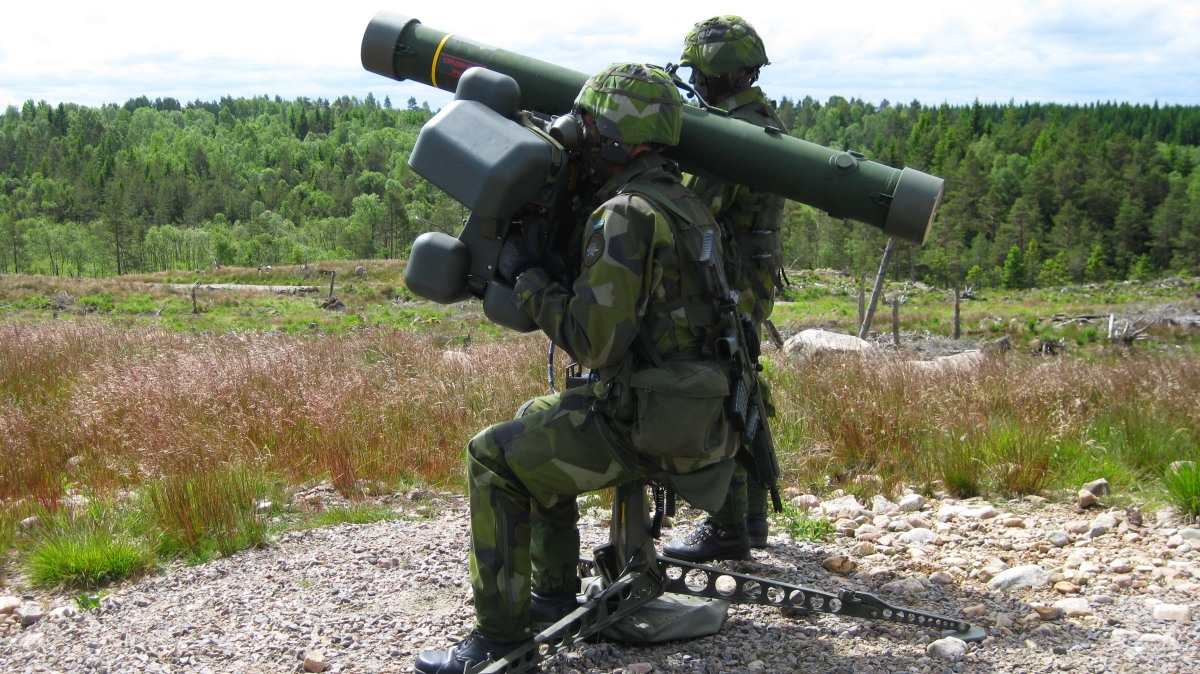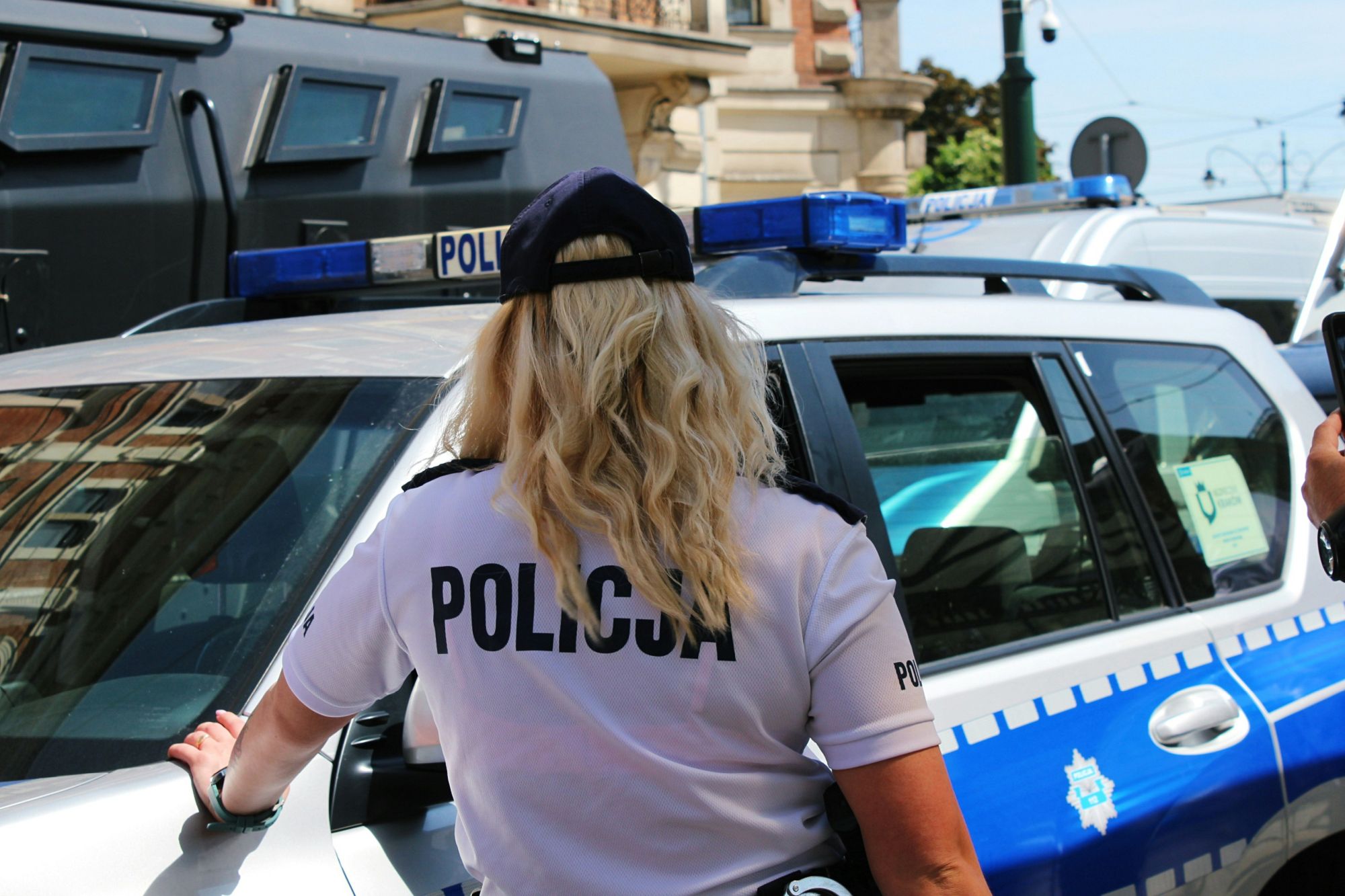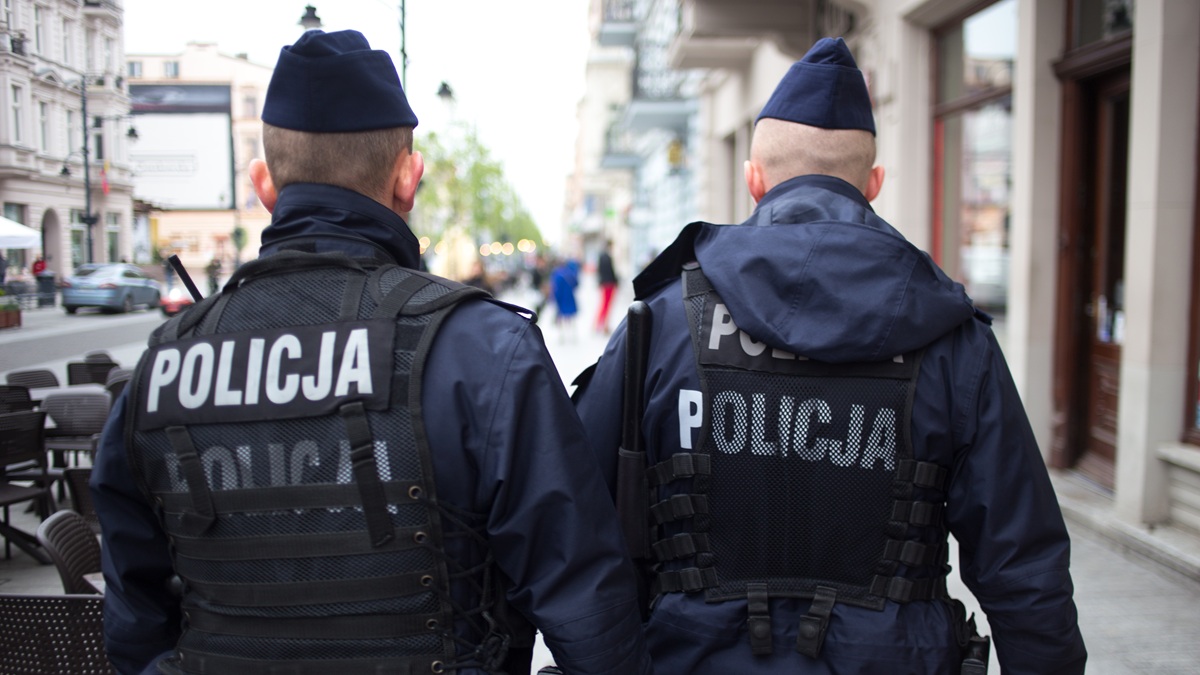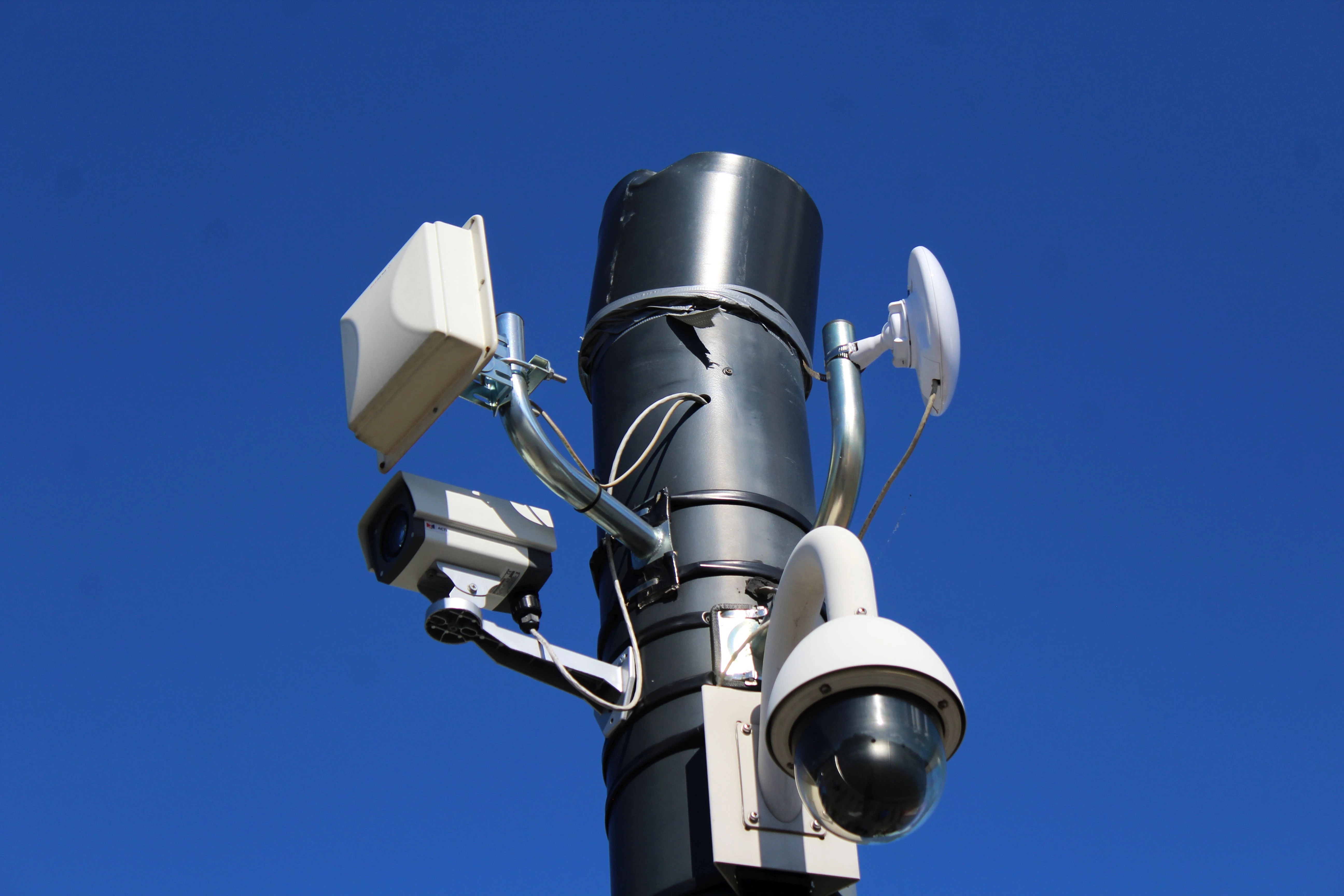The RSPCA has warned that imported rescue dogs could pose serious disease and behavioural risks to British pets and their owners. The animal charity is calling for stricter Government regulations on organisations bringing dogs into the UK from abroad.
Government statistics reveal that 320,000 pets entered the UK under travel pet schemes in 2023, with an additional 44,000 arriving as commercial imports. The scale of these imports has raised significant concerns about animal welfare and public health.
"Deliveroo for dogs" warning
RSPCA spokesman David Bowles described the current system as "Deliveroo for dogs" and urged the Government to tighten regulations. He told the BBC that imported dogs are "essentially ticking time bombs" because they are not being properly health tested before arrival.
"Diseases are now coming in through these dogs," Bowles said. "They're affecting not just the dogs that are being imported, they could also affect the dogs already in this country and their owners."
No licensing requirements
Currently, there is no requirement for rescue organisations to be licensed in England, Wales or Northern Ireland. This regulatory gap has allowed the uncontrolled growth of dog import operations across the country.
The warnings come weeks after legislation aimed at stopping animal smuggling and cruelty cleared the Commons with cross-party support. Liberal Democrat MP Dr Danny Chambers' Animal Welfare (Import of Dogs, Cats and Ferrets) Bill received Government backing and will now proceed to the House of Lords.
New restrictions planned
The proposed legislation will reduce the number of animals allowed for non-commercial entry into the UK. It will ban the import of puppies and kittens under six months old or heavily pregnant dogs and cats.
The bill also introduces a halt on importing animals that have been "mutilated", including dogs with docked ears. Dr Chambers, MP for Winchester and a veterinarian, said he has witnessed the "devastating consequences of puppy smuggling" firsthand.
Social media influence
Dr Chambers criticised social media's role in driving demand for dogs with cropped ears. He said many Instagram influencers pose with such dogs, creating demand among followers who don't realise the ears have been mutilated.
"Many people aren't aware that this is a mutilation," he explained. "They think it's how the dogs' ears normally look, and it drives a demand for dogs that look like this."
(PA/London) Note: This article has been edited with the help of Artificial Intelligence.














